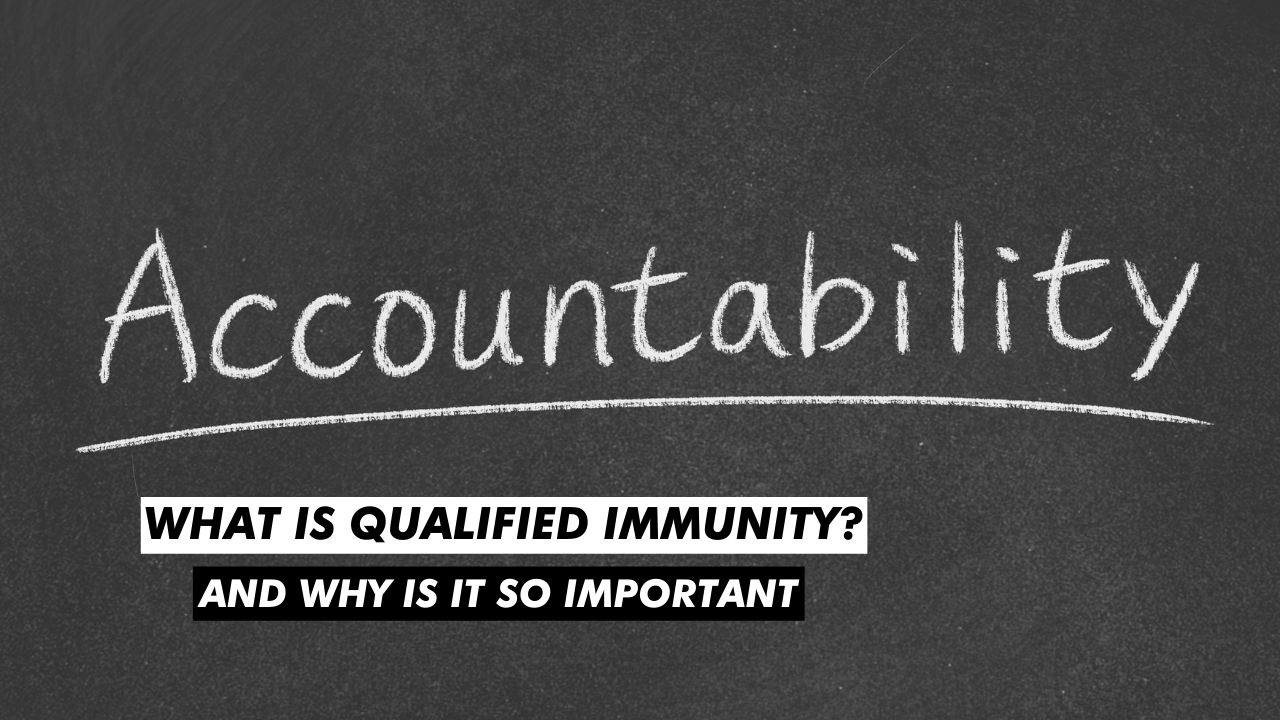
What is Qualified Immunity?
Qualified immunity is a doctrine of law that first appeared in the 1980’s, regarding cases with government defendants. Although this concept has been around for some time now, qualified immunity has recently become a more common topic of discussion as there have been more cases in recent years than ever before. Qualified Immunity protects government officials from being sued for violating constitutional rights unless the rights can be “clearly established.”
Essentially, this doctrine makes it incredibly difficult to take legal action against government entities and employees. Qualified immunity covers police officers, prison officials, mayors, university and school officials, prosecutors, judges, and more.
How Does Qualified Immunity Work?
The intention of this doctrine is to give officials some leeway to make reasonable mistakes without experiencing extensive litigation. Concerns on this system arise as many people feel the standard is too high for victims due to certain requirements. One of these requirements is pointing to a specific published opinion from the Supreme Court or a federal appellate court.
Under this doctrine it is understood that government officials cannot be sued or held civilly liable for violating a person’s constitutional rights unless the person can identify a previous decision from the Supreme Court or the federal appellate court that clearly establishes that the conduct is unconstitutional. This makes part of the requirements also finding a case with very similar conduct to the one now in question.
What’s the Controversy?
While this doctrine was put into place to allow government officials to have some room for error in their work, and it was intended to not waste too much time in the courts, it hasn’t necessarily worked out that way. Many people feel that the process used in these cases gives government officials a much larger advantage than intended. Because cases can be appealed immediately at multiple steps in the process, qualified immunity does not actually make cases move any faster through the court system.
